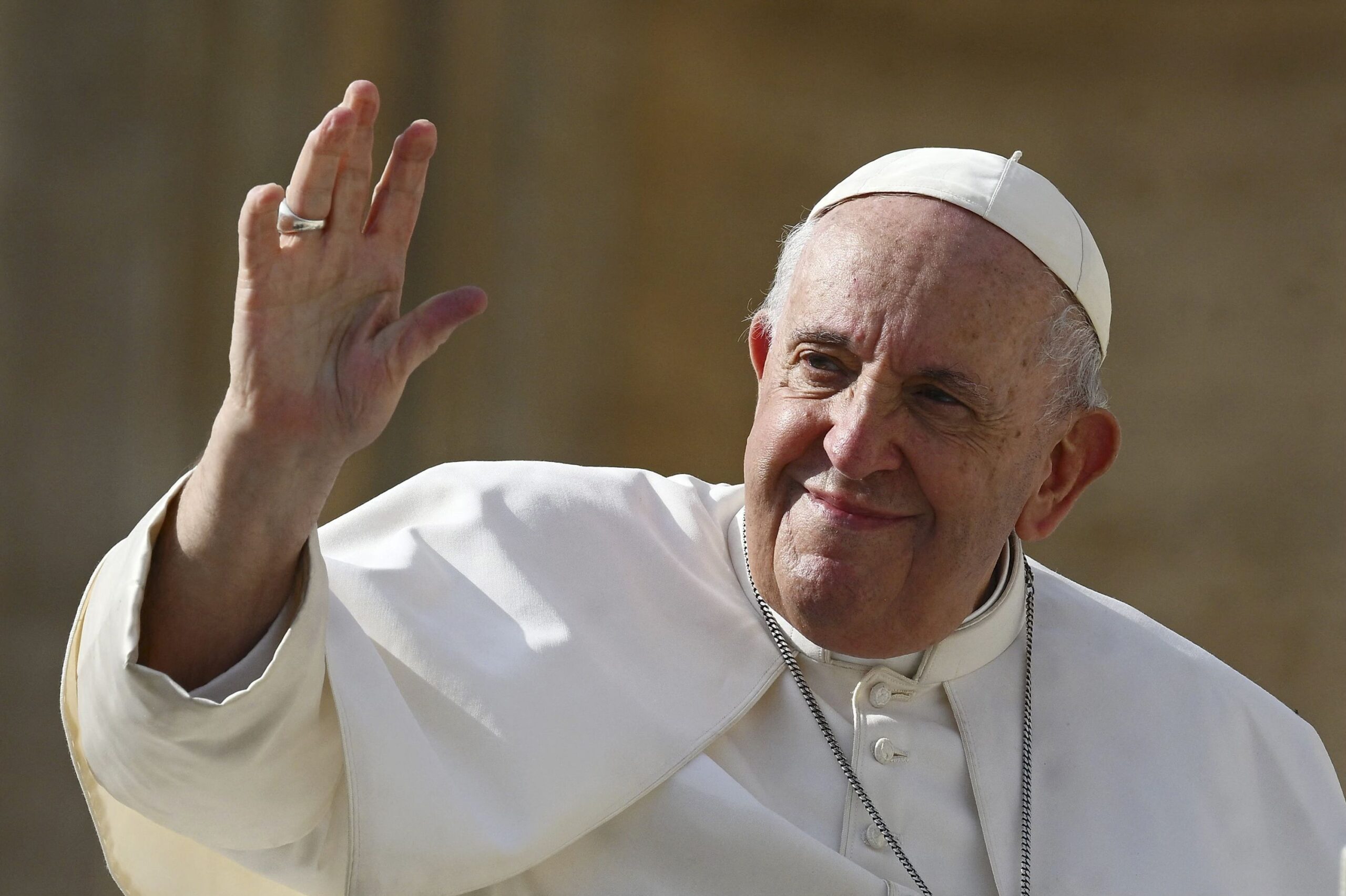Pope Francis, the 266th leader of the Roman Catholic Church and a global moral compass for over a decade, has died at the age of 88. As the first pontiff from Latin America and the first non-European pope in over a thousand years, Francis reshaped the modern papacy with his outspoken advocacy for the marginalized, the planet, and global justice.
Beloved by millions beyond the Catholic world, he was known for his humility, compassion, and willingness to confront global powers. From climate change to economic inequality, Pope Francis addressed the world’s most pressing issues with a rare moral clarity that resonated far beyond the Vatican.
He passed away shortly after a final meeting with U.S. Vice President Vance, just a day before his death. In recent years, Francis often found himself at odds with political leaders, including former President Donald Trump, who nevertheless acknowledged the pope’s passing on Truth Social.
Pope Francis’s legacy will be remembered as one of bold leadership, inclusivity, and a tireless pursuit of peace and justice.
Latin America Mourns Its Native Son: Pope Francis Remembered with Pride and Regret
As Latin America grieves the passing of Pope Francis, the region reflects not only with pride but also with a sense of sorrow. The first Latin American pope in history, Francis was born Jorge Mario Bergoglio in Buenos Aires, Argentina, to Italian immigrant parents who fled fascism. Though he rose to become one of the most globally beloved religious figures of the 21st century, he never returned to his homeland after his election in 2013.
His absence has left many in South America with mixed emotions. “We were proud — he was one of us,” said a woman outside the Buenos Aires cathedral where Francis once led Mass as archbishop. “But we always hoped he’d come back, even just once.”
Francis’s life in Argentina was shaped by a turbulent political and religious landscape. He joined the Jesuit order during a time when the country was under a brutal military dictatorship. Some critics accused him of not doing enough to protect victims of the regime, although others defend his quiet efforts behind the scenes.
During that time, internal Church tensions and his management style led to his temporary removal from leadership, and he spent years in relative obscurity in Córdoba and abroad in Germany. His quiet resilience eventually brought him back into the hierarchy, and he was named auxiliary bishop in 1992, archbishop later on, and a cardinal in 2001.
Despite his deep ties to Argentina, Pope Francis never visited his homeland during his papacy, choosing instead to travel to places like Mexico and Cuba. While many celebrated his commitment to the poor and his fondness for football — especially his beloved San Lorenzo — they couldn’t hide their disappointment at his absence.
In a region with some of the world’s largest Catholic populations, his silence toward home felt especially loud.







